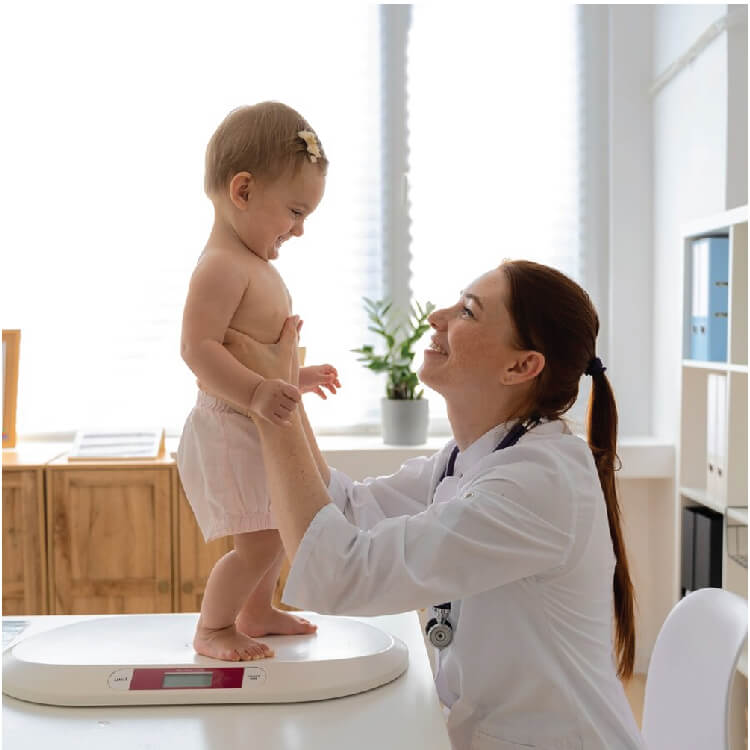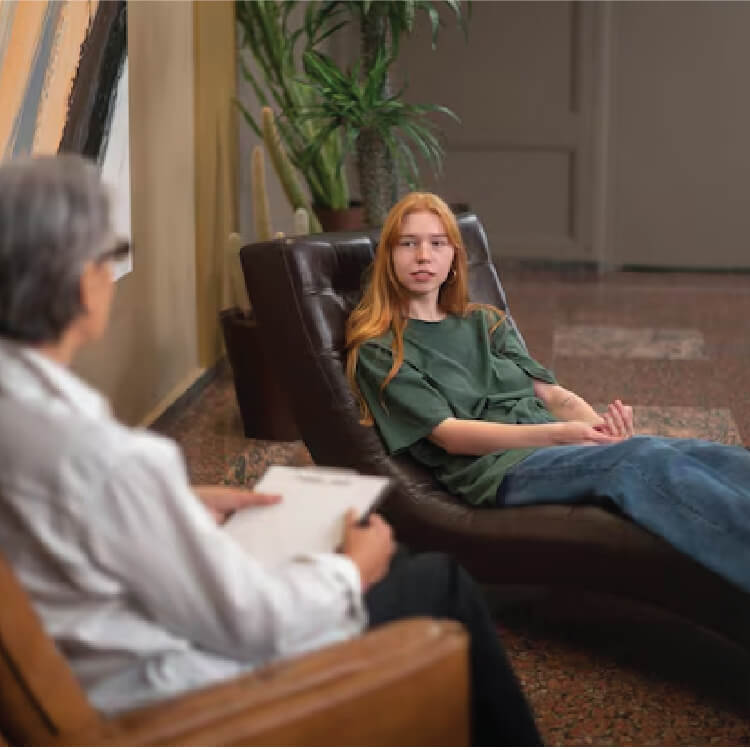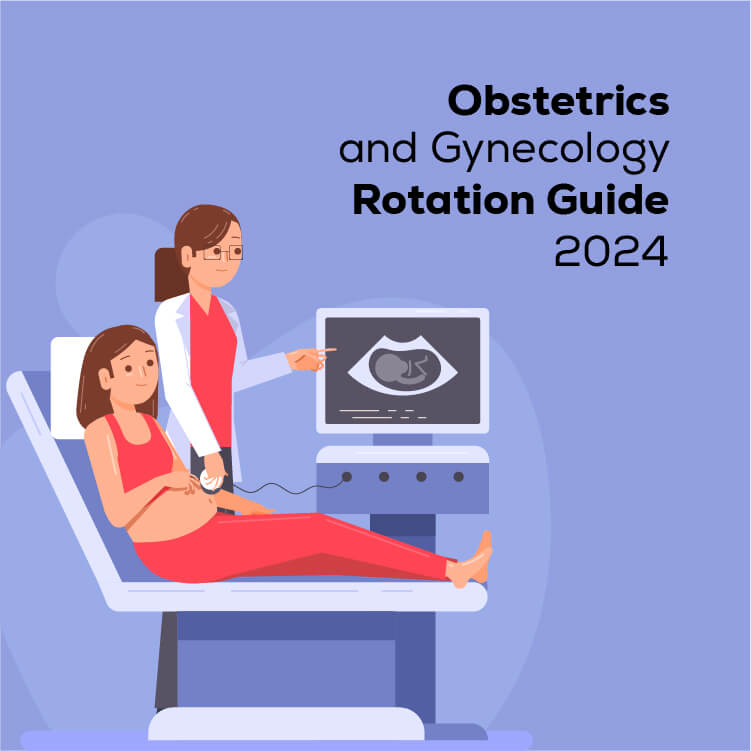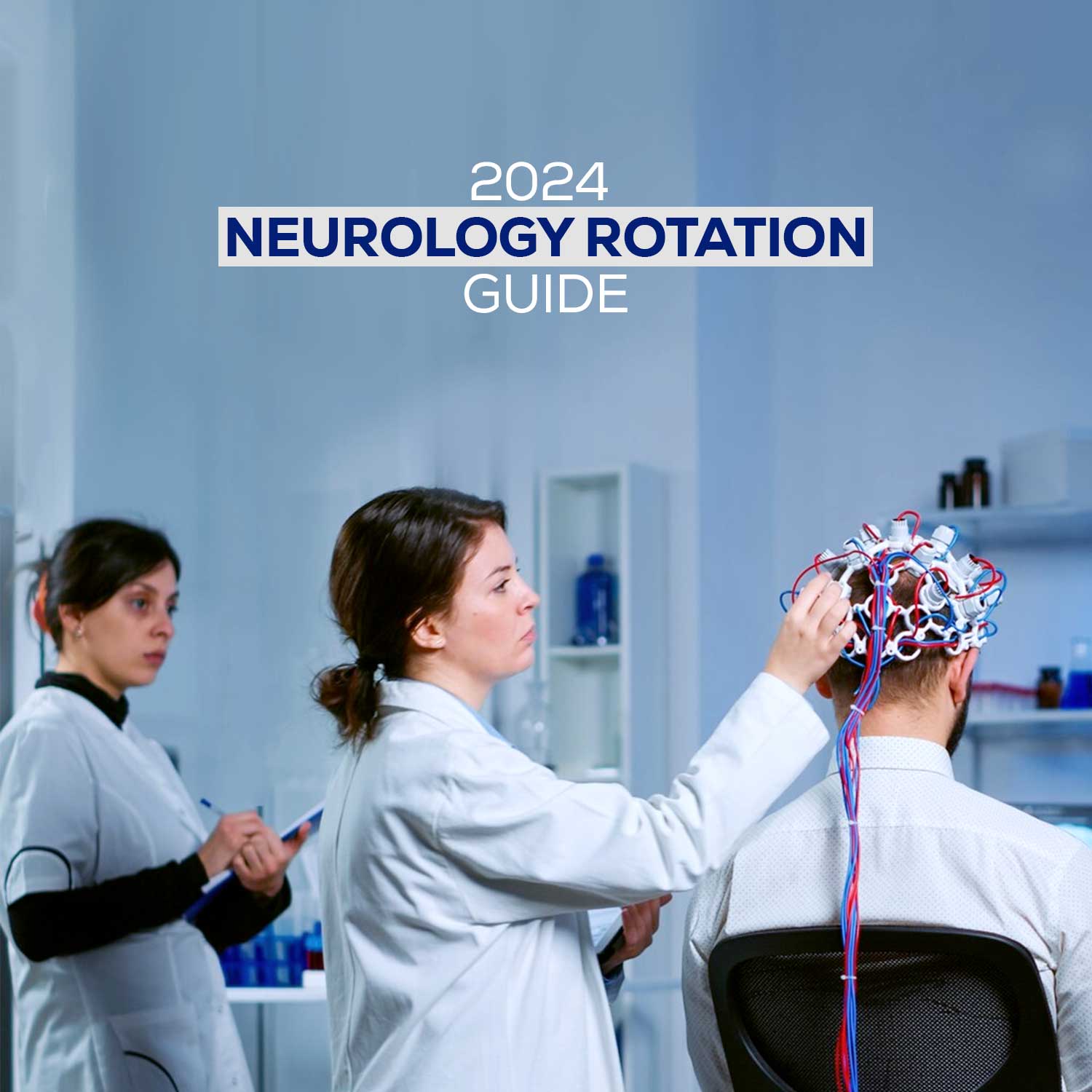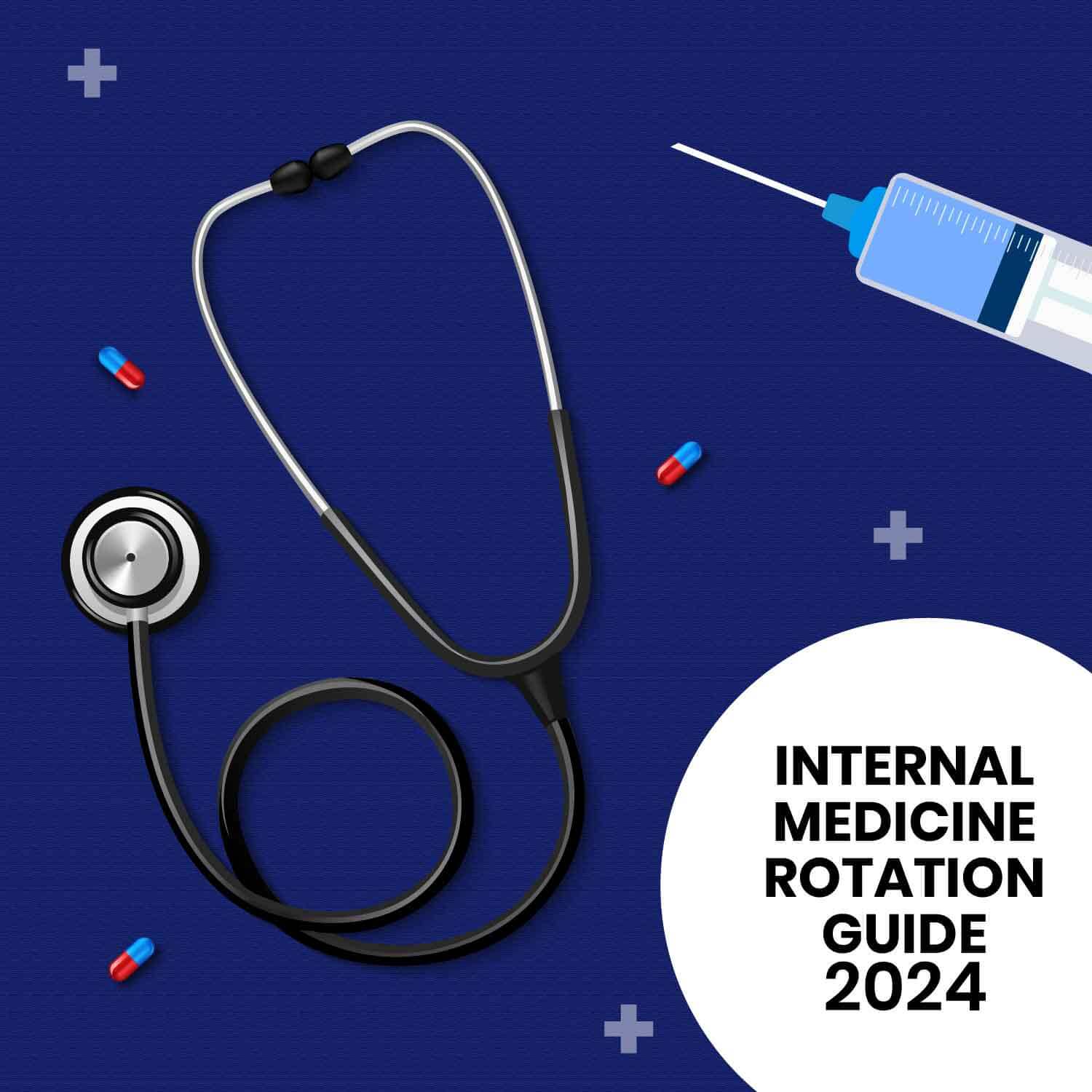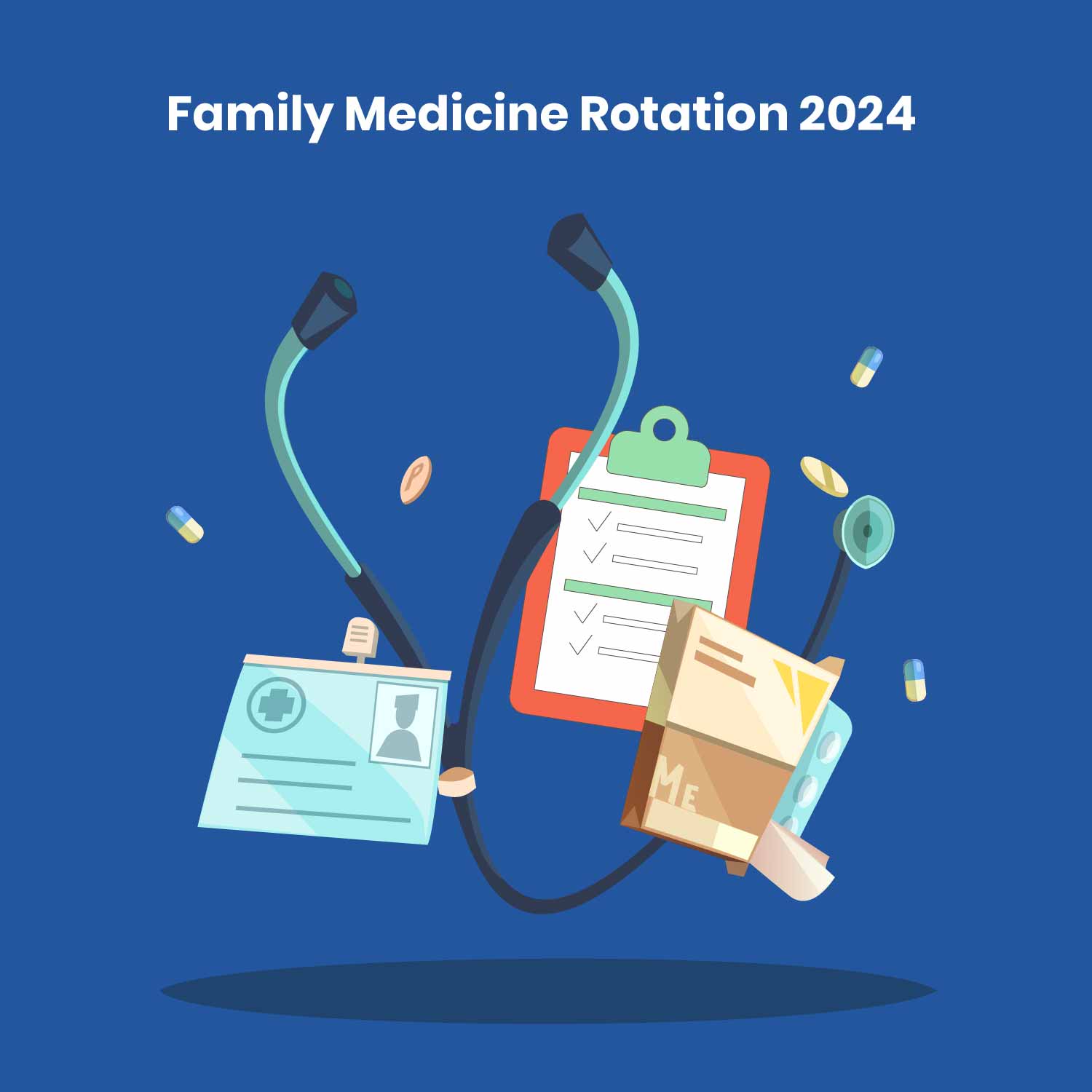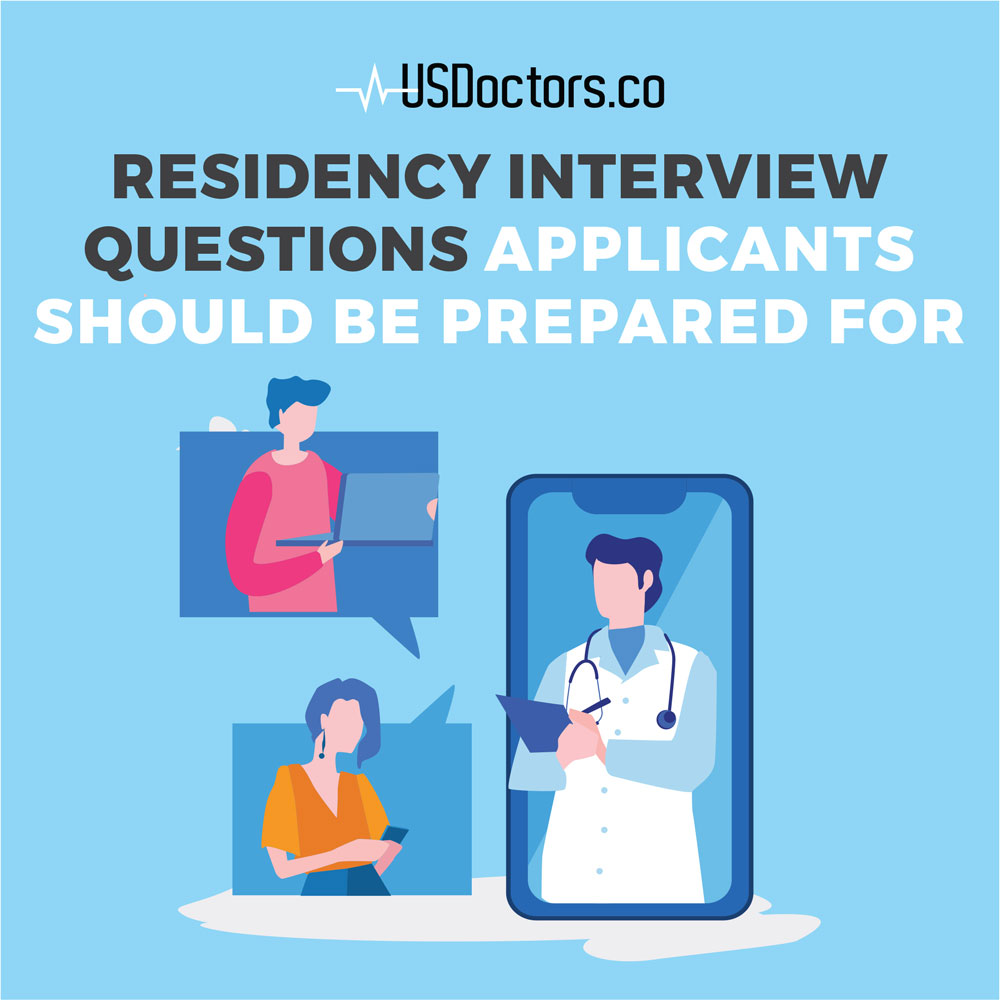
A medical residency interview is conducted to make you familiar with a learning environment and to give you the best opportunities for success. Receiving an invitation for a residency interview is an exciting and stressful time for any residency candidate, which is why it’s so important to plan and practice beforehand. The residency interview is entirely different from a written examination; it’s a test that you simply cannot afford to fail.
What to Expect in a Medical Residency Interview
There might be few similarities between a medical residency interview and your medical school entrance interview. While the two interviews are not the same, they will follow similar formats. Keep in mind that different facilities have different processes; there is no standard structure for medical residency interviews.
Many medical programs provide advanced information on residency interviews so that you arrive fully prepared. They also offer presentations, a question/answer opportunity, and other information about their programs that will help you prepare for the interview.
Residency Interview Questions That Can Be Asked
You should be prepared to talk confidently and eloquently about everything on your resume, including your extra-curricular activities, interests, research project work, experiences, medical residency personal statement, and ERAS application.
Be prepared to provide detail in your residency interview. The interviewer will not appreciate simple, one-word answers or generic, canned answers. You should prepare for the difficult questions that might be asked in medical residency program interviews. One way to do this is to list down key points for each answer and practice them. By doing this, your answers in each interview will not only be authentic, but also be focused, relevant, and fluent.
Common Residency Interview Questions
These are some common questions that the interviewer can ask candidates in residency interviews:
- Tell me something about yourself.
- Tell me about your medical education.
- Why do you want to become a doctor?
- Why are you interested in this medical program?
- What other programs are you applying to?
- Tell me about all the volunteer work you’ve done.
- Why did you choose this specialty?
- Have you thought of what you might do if you don’t get into this specialty?
- Are you planning on a subspecialty?
- Are you interested in research activity?
- Tell me about your clinical experience.
- Tell me about your mistakes and how you’ve handled them.
- Tell me about a patient you had trouble dealing with.
- What are your strengths?
- What are your weaknesses?
- Why should we choose you?
- What will you do if you don’t match?
- What do you do to cope with stress?
- Do you have any questions about our program?
- Do you have any other questions?
These common residency interview questions allow interviewers to evaluate you and decide if you are eligible for the residency program or not. By correctly answering these questions you can help interviewers analyze your background and identify your suitability for the program.
How To Answer Some Residency Interview Questions
Some of the interview questions can be stressful while others may seem easy and casual; your success in the interview depends on your response plan. Here are some ways that you can approach these questions to increase your chances of doing well at your interview and matching at the desired program.
Tell us about yourself
This is the first question that anybody will ask you when they want to get to know you better. This question is open-ended and tricky. Remember, they have got an application on you filled with data, words, numbers, and lists; now, they just want to hear from you about yourself!
To humanize yourself and not seem like a typical medical student, describe personal aspects of your background before discussing your medical experiences, such as your upbringing and interests. You can choose and talk about one or two specific life experiences that shaped who you are today – goals, morals, and values; basically, your life compass.
Why should we choose you?
The purpose of this question is to discover what strengths you would bring to the program. Structure your response in a way that displays your strengths, both as a resident and as a colleague. Many programs usually look for teachable residents who want to be around for the duration of the residency program. You’re going to spend a lot of time together, especially in stressful situations, where you have to rely on each other, and it would be ideal to have residents who have an impeccable work ethic. Your answers should highlight your professionalism, suitability, and technical skills in equal measure with the qualities that make you a good colleague.
Why would you like to join our program?
Before speaking about the program, make sure you have researched it thoroughly and prepared a logical answer. Some of the things you can comment on include the support of resident peers and mentors, global health, research support, resident affairs office, protected research and academic time, size of the program, diversity of clinical experience, and support for licensing preparations. The things you can comment on when talking about the city include the presence of friends and family who are going to be a good support system for you during your residency, any personal connection you may have with the city, and other aspects that you believe will enrich your life.
Show the interviewer that you know all about their program and the city, and demonstrate how this knowledge will help you become a skilled and insightful resident. This is bound to leave a strong, positive impression.
What are your strengths and weaknesses?
Share something you do well to discuss a strength, and provide a concrete example that shows this quality in action. If the example draws on items listed in your curriculum vitae or personal statement, it strengthens your answer and helps you add depth to the understanding of the materials that the interviewees have already seen.
For nearly all applicants, the trickiest part is identifying a weakness, and speaking about it. Maybe you’re well-aware of your weaknesses. But which should you talk about? Select a major issue you’ve been struggling with and discuss a successful improvement strategy that you’ve devised. This will show the interviewer how you solve your problems, learn, and grow; all the key elements of self-awareness that medical programs look for in their residents.
Do you have any questions about our program?
Formulate a list of questions by spending some time on program research. You can look up the demographics of the region if the program does not have a great website. Some applicants research the local population and ask area-based questions such as census results and demographics. Not asking questions makes you seem inactive and disinterested. Some questions to ask at your residency interview are:
- What is the strength and weakness of this program?
- Which types of practices and fellowships have past residents gone into after this program?
- What are the basic benefits do residents receive?
- What do you expect from me as a resident in this program?
- What are the most common struggles for a first-year resident?
- What formal and informal learning opportunities can I expect?
- Are there any processes in place to deal with the issues that residents might face?
- Have any residents ever left the program? What was the reason?
How to Prepare for a Residency Interview
It’s important to leave a lasting impression during the residency interview by showing up dressed to impress and sending a residency interview thank you note. Here are a few points to brush up on your interview etiquette:
Schedule the Interview
- Respond immediately after receiving your interview invitation because many programs offer more invitations than they can accommodate. Make sure you confirm your availability and contact the coordinator as soon as possible to pick your date for the interview.
- Be polite and courteous to each person you speak during the interview process regardless of their ranking in the department. Scheduling often involves conflicts, and can sometimes be quite difficult. Never lose your temper because you don’t want the residency coordinator to remember you as a rude person.
- Plan enough time for getting to the residency interview. Many things can lead to travel delays including traffic, strikes, bad weather, or any other incident. Also, plan enough time to focus and gather your thoughts before the interview starts.
Practice for the Interview
Although many experts recommend extensive practice before important interviews, most candidates don’t take it seriously. An interview is like an unusual social interaction that requires you to talk about yourself in a way that you aren’t familiar with. That’s why practicing residency interview questions can make you feel less awkward and help you sound more confident and fluent.
You can practice your interview questions by following these steps:
- Conduct dummy interviews with your seniors, faculty members, or medical advisors. This approach will not only benefit you in terms of practice but you can also get instant feedback on areas where you need to improve.
- Practicing through interview tools with your webcam can also be helpful. This approach will allow you to practice in privacy at your own home and guide you on how to improve.
- Practice rapid-fire interview questions with your roommate at random times throughout the day and even at night. You will be unflappable in the actual interview if you can recall your weaknesses and talk about them at midnight on your way to the bathroom or the kitchen.
- Practice in front of a mirror. Most students use this easy technique to practice. This strategy not only builds confidence but helps you speak fluently.
During the Residency Interview
- Begin your interview by smiling and greeting each interviewer with a firm handshake. Act interested and make eye contact, it will leave a positive impression.
- Ask intelligent, well-thought-out questions, and try to use different examples to back up your statements, if you can. Giving real-life illustrations gives the interviewer a better understanding of your personality.
- Be yourself! Be sincere and honest. Use the interview as an opportunity to learn as much as you can about the program.
After the Residency Interview
- Cross-examine yourself! Use some sort of evaluation form to provide yourself with important facts, figures, and impressions of the program, city, and hospital community.
- Take any promises a program director or other faculty member of the program makes with a grain of salt. Unfortunately, medical students have been promised spots in the past and have not gotten them.
- Residency interview thank-you note: Send one thank-you note to every interviewer within 24-48 hours of your meeting. Sending well-written and concise thank you notes via email is acceptable, even preferred. Jot down the person’s name and a few bullets about what you discussed during the interview and how it went. Also, you can let the program know that you plan to rank them among your top choices.
Take your time to prepare for a residency interview. By practicing common interview questions and following the advice above, you will increase your odds of success dramatically. You’ll feel more confident walking into the interview and your answers will be precise, logical, and fluent. USdoctors.co wishes you good luck!
If you are looking for more resources for medical students and graduates, browse the USDoctors.co blog for valuable information.
ABOUT US
Clinical Rotations For Foreign Medical Students, Nurse Practitioners, Physician Assistants and Graduates.
USDoctors.co specializes in providing invaluable hands-on clinical rotations to both foreign medical students, nurse practitioners, physician assistants and graduates. Our clinical rotations are strictly set up to help you get the US clinical experience and letters of recommendation that will greatly increase your chances of US residency placement.

